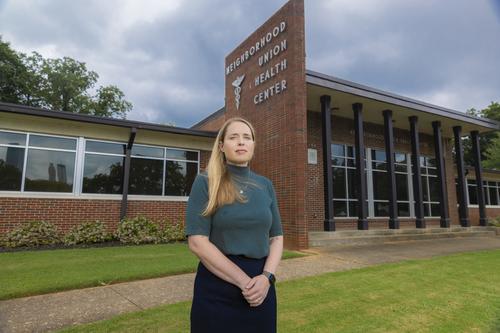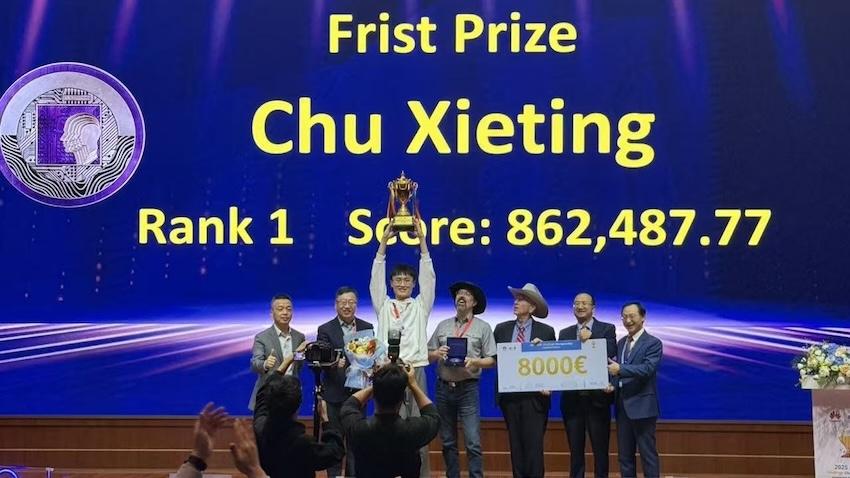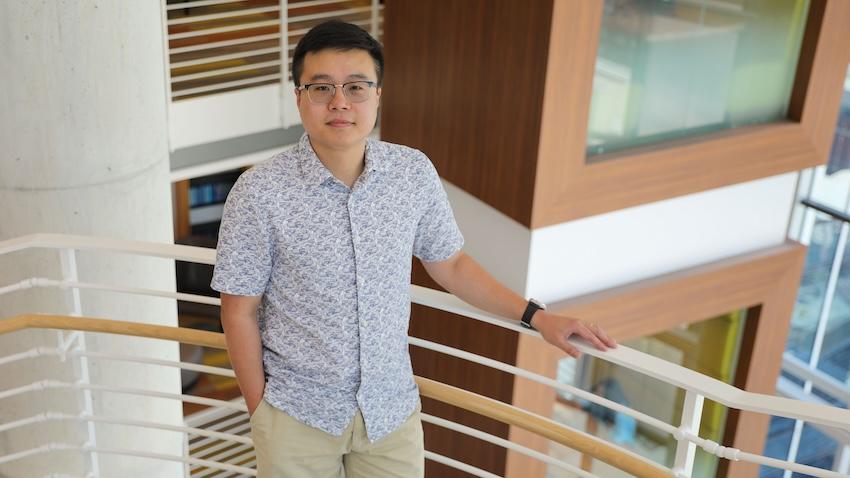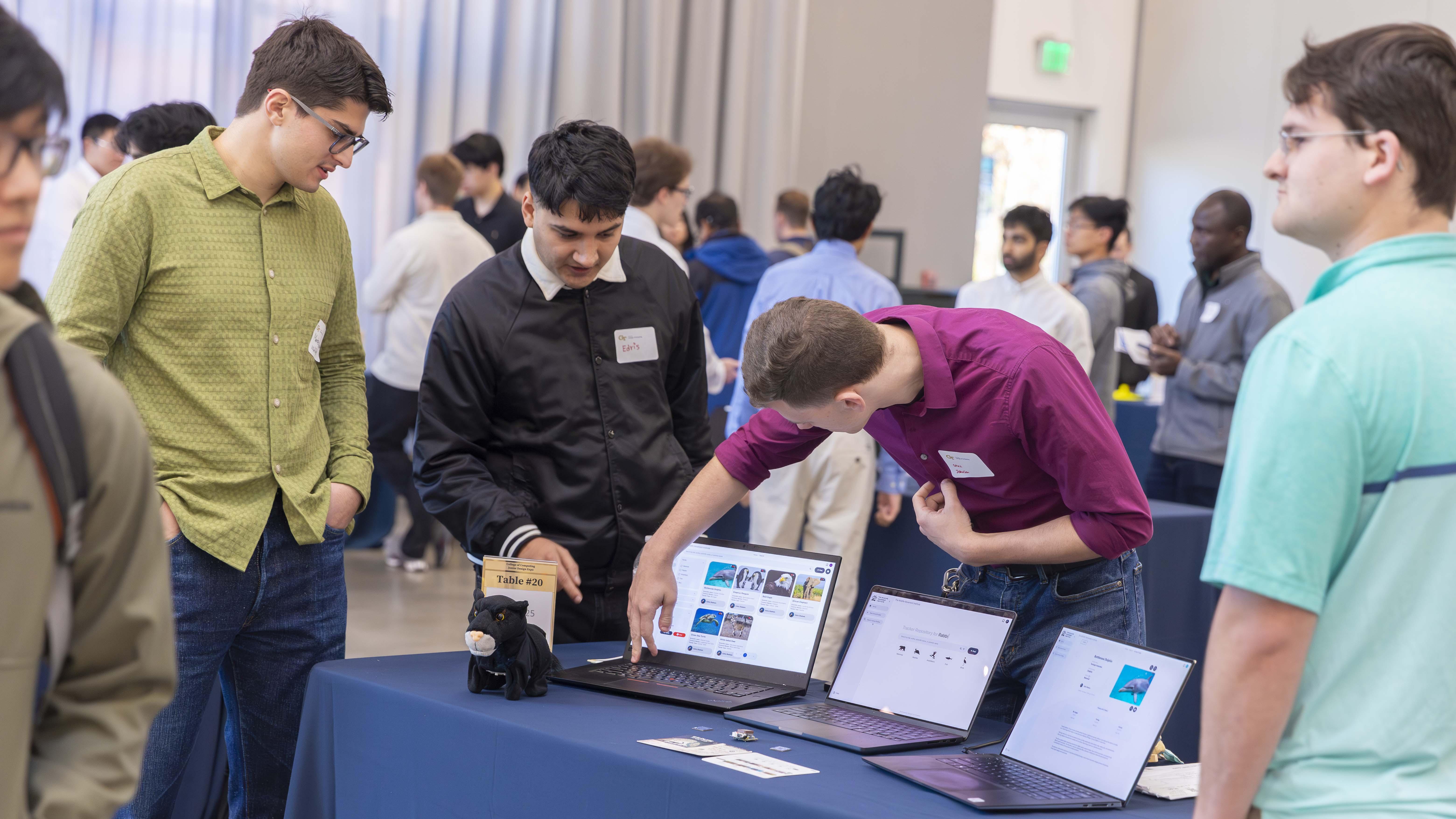
Research Scientist Explores How Data Can Empower Communities
As technology becomes increasingly intertwined with all aspects of society, more researchers are interested in how to use these tools to advance social equity.
One of these researchers is Amanda Meng, senior research scientist in the School of Computer Science (SCS). The overarching theme in Meng’s work is the relationship between power and data and how different social groups can make use of data to shift power.
As the only social scientist in SCS, Meng sees her role as an “important and potentially powerful interdisciplinary connection.”
Connecting Social Justice with Data
Although focused on political and social change, Meng’s work has always had links to technology.
After completing her undergraduate education at Georgia Tech, Meng joined the Peace Corps, where she served in the Dominican Republic. She spent two years there working to improve computer literacy in schools and create community computer labs.
Meng said her time in the Peace Corps made her interested in how communities advocated for themselves. She explored this idea further while completing her Ph.D. from the Georgia Tech Sam Nunn School of International Affairs.
With her Ph.D. in hand, Meng was hired as a research scientist in SCS, working under Professor Ellen Zegura and School of Interactive Computing Professor Carl DiSalvo on civic data projects based in Atlanta.
This experience made her curious about the interaction between data literacy and civic literacy.
“We live in such a data-fied society that a lot of advocacy work often does involve data because to make your claims legitimate, policy makers want to see and understand the data,” she said.
Following a brief stint in the private sector as a data consultant, Meng returned to SCS, this time as a research scientist working on IODA (Internet Outage Detection and Analysis) with Associate Professor Alberto Dainotti. IODA is a research project and online platform that provides real-time measurements on global internet connectivity.

In her contribution to the IODA project, Meng aims to improve the usability of IODA, particularly by users affected by government-ordered shutdowns, by developing IODA users’ internet measurement literacy. Currently, IODA provides the most granular, near-real-time data on Internet infrastructure connectivity. Meng uses this data to collaborate with global advocacy groups to publish reports detailing IODA’s measurements alongside its sociopolitical context. Meng said the eventual goal of her work with IODA is for others to know how to use the platform to monitor for events and advocate against shutdowns.
“The platform is really only as successful as its userbase is at understanding, making use, and acting on its data,” Meng said.
In the past year, Meng was awarded her first grant as principal investigator. The grant uses Aggie, an open-source tool developed at Tech that aggregates content from the internet.
Previously, Aggie has been used to monitor elections on social media. Meng said she wants to explore using it to monitor internet shutdowns or censorship events. She is currently conducting a pilot study to test the system, which will determine whether Aggie offers a more collaborative and coordinated way to monitor connectivity across measurement and social media data.
The Role of a Research Scientist
As a research scientist, almost all of Meng’s work is oriented toward research. This includes working on proposals and existing grants, as well as advising students.
“We love to involve students in our research,” she said. “We aren’t just here to do research. We are here to involve students in research so they can learn and develop domain skills and research skills.”
Since 2024, Meng has served on the School Advisory Committee in SCS. She says it’s important to have research faculty in service roles, as they have a different set of needs in their position.
“Through the funding we can apply for, the research we do, and the work we do with students, we are an important multiplier for the work that the School wants to cultivate,” Meng said.
Community Driven
Even as a Ph.D. student, Meng said she wanted to contribute to local community groups. An important value she learned in the Peace Corps was to be an active participant in the community she lived in.
Meng started getting involved in a housing justice project in Atlanta’s Westside neighborhood that was collecting data related to their mission. They soon discovered that some residents’ data was more accurate than official records because they lived there.
“We also learned it’s not all about impacting legislation,” Meng said. “It’s about mobilizing resources within the community, and the fact that data could be used to do that was an important finding, and it’s something that I want to continue to draw out with data and AI.”
Meng has continued to work with the group from that project and wants to continue ethnographic research into how data and AI are used to create change.
“AI could have the ability to consolidate power in the hands of those who develop closed-source models," Meng said. "It’s important to study the entities that are developing AI as much as we study the communities that might make use of or be most minoritized by AI."


